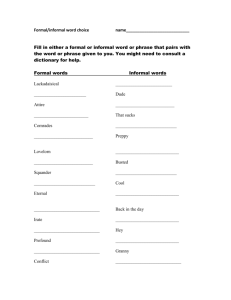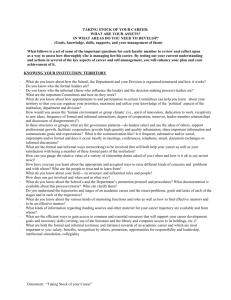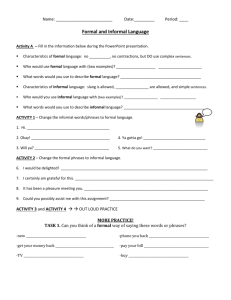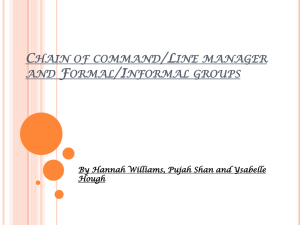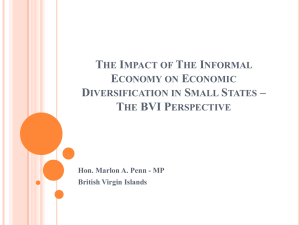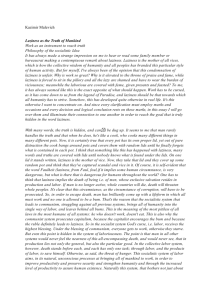FORMAL V - Viestintäpiste Laurea Leppävaara
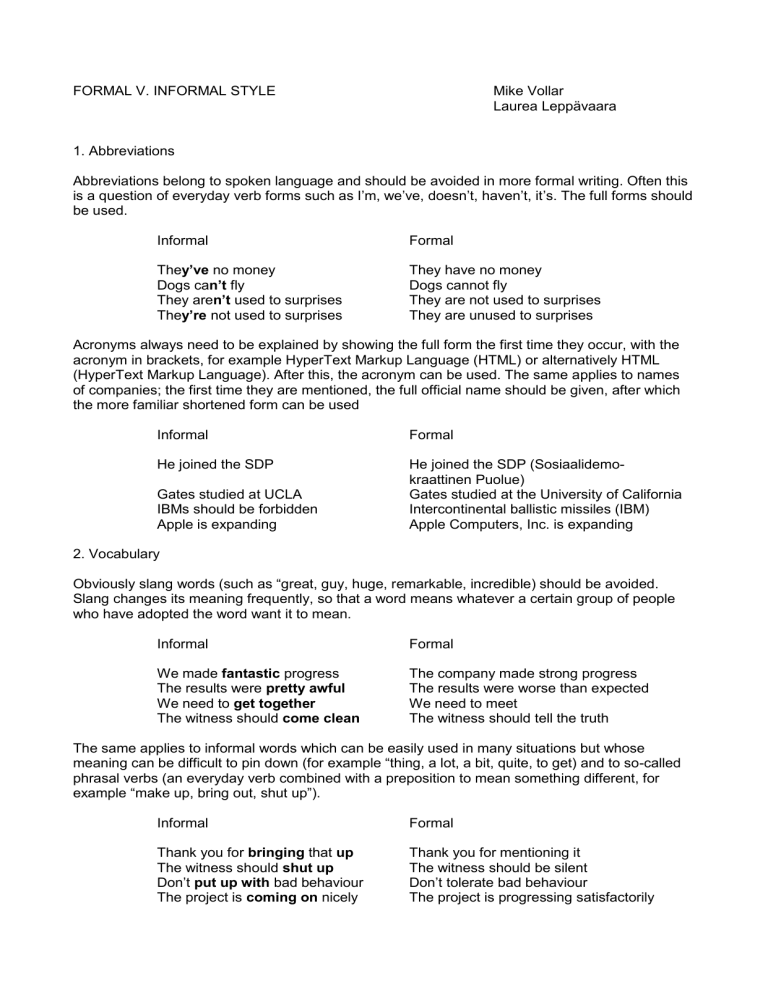
FORMAL V. INFORMAL STYLE
1. Abbreviations
Mike Vollar
Laurea Leppävaara
Abbreviations belong to spoken language and should be avoided in more formal writing. Often this is a question of everyday verb forms such as I’m, we’ve, doesn’t, haven’t, it’s. The full forms should be used.
Informal Formal
The y’ve no money
Dogs ca n’t fly
They are n’t used to surprises
The y’re not used to surprises
They have no money
Dogs cannot fly
They are not used to surprises
They are unused to surprises
Acronyms always need to be explained by showing the full form the first time they occur, with the acronym in brackets, for example HyperText Markup Language (HTML) or alternatively HTML
(HyperText Markup Language). After this, the acronym can be used. The same applies to names of companies; the first time they are mentioned, the full official name should be given, after which the more familiar shortened form can be used
Formal Informal
He joined the SDP
Gates studied at UCLA
IBMs should be forbidden
Apple is expanding
He joined the SDP (Sosiaalidemo- kraattinen Puolue)
Gates studied at the University of California
Intercontinental ballistic missiles (IBM)
Apple Computers, Inc. is expanding
2. Vocabulary
Obviously slang words (such as “great, guy, huge, remarkable, incredible) should be avoided.
Slang changes its meaning frequently, so that a word means whatever a certain group of people who have adopted the word want it to mean.
Informal Formal
We made fantastic progress
The results were pretty awful
We need to get together
The company made strong progress
The results were worse than expected
We need to meet
The witness should
The same applies to informal words which can be easily used in many situations but whose meaning can be difficult to pin down (for example “thing, a lot, a bit, quite, to get) and to so-called phrasal verbs (an everyday verb combined with a preposition to mean something different, for example “make up, bring out, shut up”).
Informal come clean The witness should tell the truth
Formal
Thank you for bringing that
The witness should shut up up
Don’t put up with bad behaviour
The project is coming on nicely
Thank you for mentioning it
The witness should be silent
Don’t tolerate bad behaviour
The project is progressing satisfactorily
Picturesque language should be avoided.
Informal Formal
The company’s future is up in the air The company’s future is undecided
Absolutely everybody owns a Most people own a computer computer
The reasons must be brought to light The reasons should be revealed iPods are growing Sales of iPods are growing
Rhetoric (using language to persuade, impress or create dramatic effect) should be avoided.
Informal Formal
So what are the causes? Just let me The main cause is laziness explai n. It’s laziness, laziness and
3. Objectivity once again laziness
God save us from a nuclear war
The information in this report is very important
It is hoped that there will never be a nuclear war
The information in this report is important
Because this kind of report is supposed to be collecting objective facts in order to point to some conclusion, you need to avoid words which “colour” the way in which the reader reacts to them, in other words they represent your subjective judgements rather than facts. This means that personal pronouns (I, you, we) should be avoided as well as words such as “think, in my opinion, it seems”.
Informal
I interviewed some businessmen, then I analysed their comments.
In section I present the theoretical background.
Formal
Some businessmen were interviewed and their comments were analysed
The theoretical background is presented in section 2.
You need to speak English here. English needs to be spoken here
We could understand this differently Another explanation is possible
I think that’s all for today’s meeting
The meeting is closed

